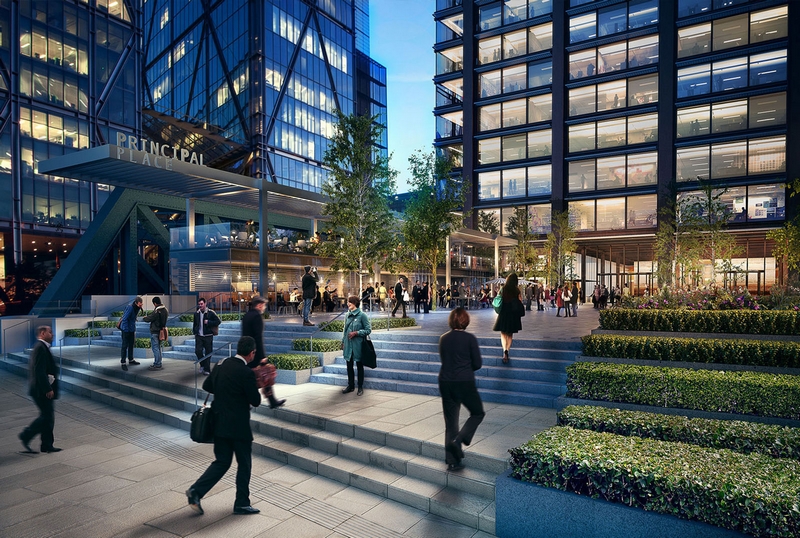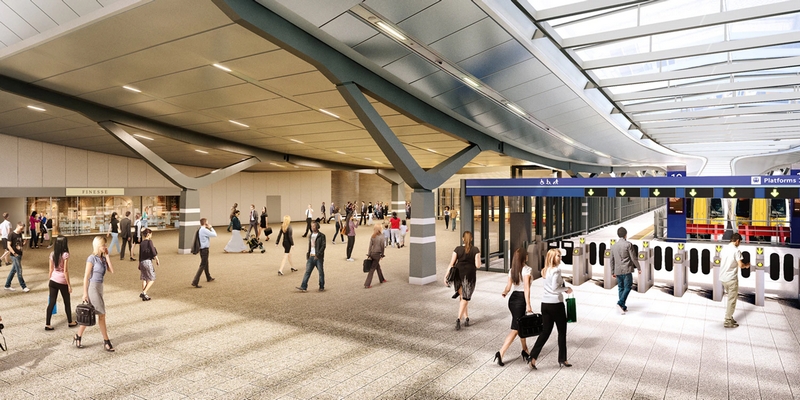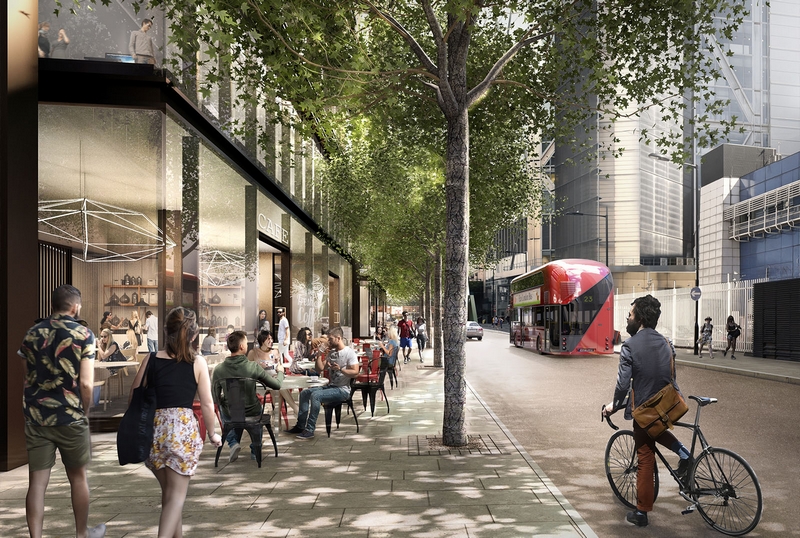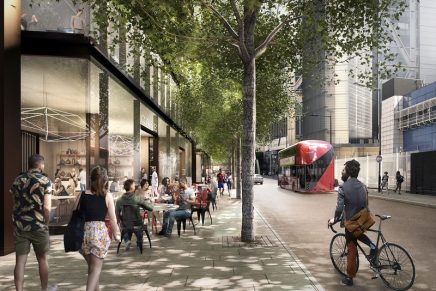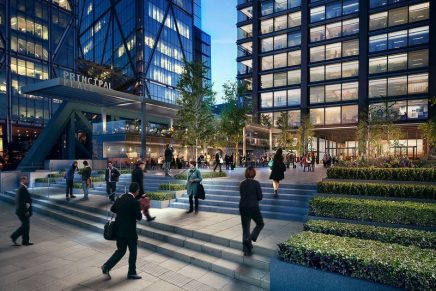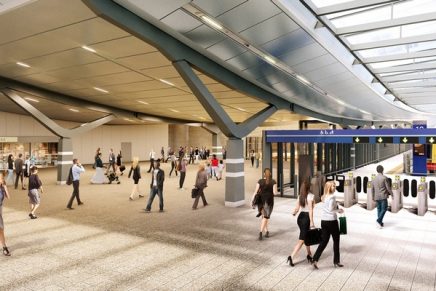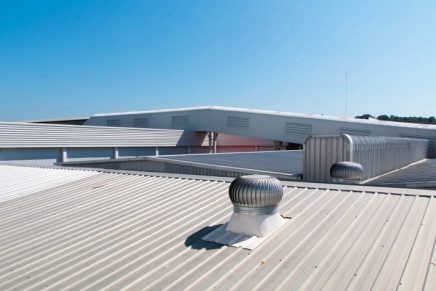Running your own business is an exciting venture, but it can become costly when you’re renting out space in an office. Some entrepreneurs look to save money in the long term by investing in their own commercial property.
Buying a commercial property is a significant decision that shouldn’t be made in haste. There are a number of risks involved, and because it’s such a major purchase, you don’t want to be left regretting your decision. It’s important to do your research and due diligence before signing the deal.
Here are the five main factors to consider before buying a commercial property.
1. The location
The location of the commercial property is incredibly important. What is a hot property in a lucrative location today may be an unwanted area tomorrow, meaning your property could lose value very quickly. It’s impossible to predict what the future holds, but you can do some research and make an educated guess based on past trends of other businesses in the area.
At the same time, it’s important to consider who your customers are and if they will be able to visit your business, if applicable. Your business must be easily accessible for your end users if you want it to be successful. It’s just as important to consider what the distance is from your suppliers to the property for logistical purposes, as it can either help or hinder the logistical chain and potentially cost you more money if the distance is further or more difficult to manage.
2. Your budget
Any major venture requires proper budget planning before executing; otherwise, you can get yourself in a tough financial situation and your business-owning dreams can be over much quicker than you wanted. Crunch your budget numbers before you start looking at properties so you can choose the ones from the available options that you can properly afford.
3. The physical condition of the building
It’s critical to inspect the structural integrity and overall condition of the property you want to purchase so you know what kind of wear and tear the building has gone through, as well as what kind of repairs you will need to make immediately and in the future. Check the condition of the roof, foundation, electrical and HVAC systems, and plumbing, and be sure to call in an inspector if you aren’t sure what to look for.
4. Infrastructure in the neighborhood
Infrastructure development can affect both the area your property is in and the property itself, which can either hurt or help the property value. If there are major developments planned with extensive construction, it may not be a good time to invest in that area because it could deter customers from visiting and make it difficult to have your product delivered on time. Major developments like railway construction, road construction, or an influx of residential or commercial building construction may affect your property value, so be sure to consider this before buying.
5. Any hidden costs
It’s common for commercial properties to have hidden costs that are not immediately apparent after inspecting and checking out the property. These costs can include the maintenance fees or any fees associated with running your business, so be sure to find out any and all of these potential costs ahead of time.

